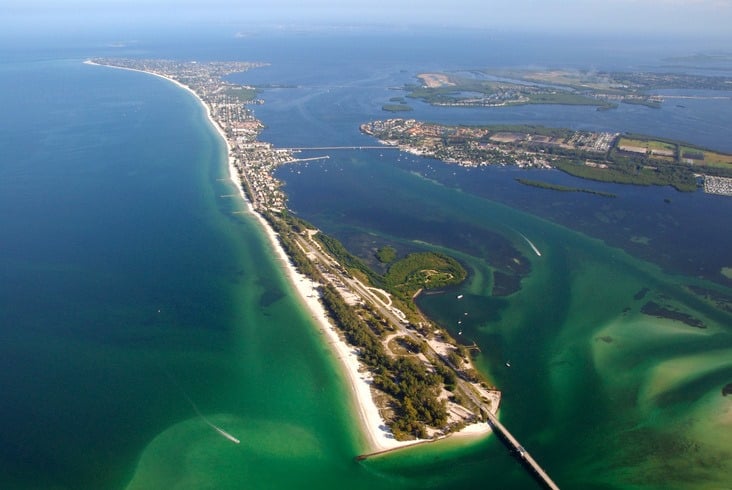Reflections
by Pastor Doug Kings
While on the gym treadmill, I glanced up at the array of TV screens in front of me. This was morning news time, and all the network channels were reporting on the same event, and doing so at some length. I would expect such unified coverage of a major natural disaster, political event, or death of a significant person. But that’s not what this was.
Instead, the story was about the on-field cardiac arrest of a professional football player. Damar Hamlin is a well-liked but not yet especially accomplished or well-known member of the Buffalo Bills. I don’t follow the NFL much anymore, so I had never heard of him, and I doubt if more than a tiny fraction of the population could have identified him before this sad event.
Yet all the TV networks decided that morning that their audiences should learn about it in detail. Why? Why did the media somehow collectively decide this was an IMPORTANT STORY? I wondered: how many people in the US suffered cardiac arrests that day. Hundreds? Thousands? And the day before that? Yet only this occasion was being reported to tens of millions of people.
How the media decides what to report, what is important, what it is that we the public should know about, is a mystery to most of us, I suspect. Yet those daily and even hourly decisions profoundly shape our view of the world and our beliefs about what is important: what we should care about and respond to.
I recently watched a video by author and spirituality teacher Angelo DiLullo titled “Seeing the World Through New Eyes (Dissolving the Limitations of Perspective).” DiLullo talked about the countless ways in which our understanding of ourselves and the world around us is shaped by ideas about reality which we have been accumulating since infancy. These ideas form the “perspectives” with which we make sense of experience. We are often unconscious of them and usually acquire them without question.
In premodern times, people’s perspectives were acquired from their family, tribe, nation, and religion. Beginning with the Renaissance, education and science strove to provide more objective basis for our worldview. While all these continue to be influential, they are now rivalled by mass media: newspapers and magazines, radio, TV, and now social media. These are outlets not only for reporters and journalists, but advertisers, political propagandists, and cultural “influencers” of all kinds.
In his short video, DiLullo focuses on our most fundamental experiences of sight and sound, and how our mostly unquestioned perspectives determine what we see and hear. His goal is not only to help people be more questioning of what they believe to be true. He also wants to build their self confidence in making their own judgements and to develop their ability to experience firsthand the world around them, rather than relying on others’ interpretations of it.
We have just concluded our celebration of the birth of Jesus. As I’ve written before, Christmas is about the event of Incarnation, God appearing in human flesh, rather than a historical event, Jesus “birthday,” which no one knows. The truth is, we know very little about the historical Jesus.
As important as he is now, during his life Jesus caused barely a ripple. As far as scholars can tell, there is no record or acknowledgment of Jesus’ existence from his own time. From the perspective of officials and authorities contemporary with him, Jesus was a nonentity. Jesus wasn’t forgotten because he wasn’t even noticed by those who decided who and what was important. Oops.
In the combined religious/political system of ancient Judea, the choices of perspective were Roman (imperial authority), Sadducee (official priestly religion), Pharisee (unofficial lay religion), Zealots (empire opponents), or Essenes (temple opponents). Jesus interacted with all of them and followed none of them. He had the courage and conviction to say, “none of the above.”
Today “influencers” are constantly clamoring to get our attention: to tell us what is important, what we should pay attention to, what products or experiences we should have, what “facts” we should believe, what perspective or viewpoint we should adopt. We need to take them all with a grain of salt.
For quite a while now common words for describing our culture and society have been polarized, gridlocked, divided, conflicted, alienated, apathetic, cynical, disengaged, disinterested, bored, and so on. It is said that the social fabric is fraying; that more and more people are dropping out.
Without speculating about a solution or even a clear understanding of the problem, I believe that, as DiLullo suggests, we need to see our world through new eyes. We need to stop putting on the glasses society gives us and look clearly on our own.
Jesus ignored what were supposedly the only options on offer and came up with his own, which he called the kingdom of God. Most people ignored him, some thought he was crazy (apparently including his own family), while others viewed him as a threat and got rid of him.
But a few listened, and suddenly saw the world and themselves in new way. They were saved, reborn, awakened, set free. Words fell short of describing what had happened to them, but they knew they were now alive in a way that they hadn’t been before.
Jesus often said that what we need most of all are eyes to see and ears to hear. Perhaps a good resolution for this new year is to regularly spend some time genuinely looking at and listening to the world and people around us. And then, ignoring what others tell us is important, look inside and listen to our own hearts, and discover for ourselves what needs attention, where life and love are truly to be found, and what path we should be on. Jesus also said that we all have the capacity know the truth, and it’s the truth that sets us free.
Blessings in your life and ministry.

